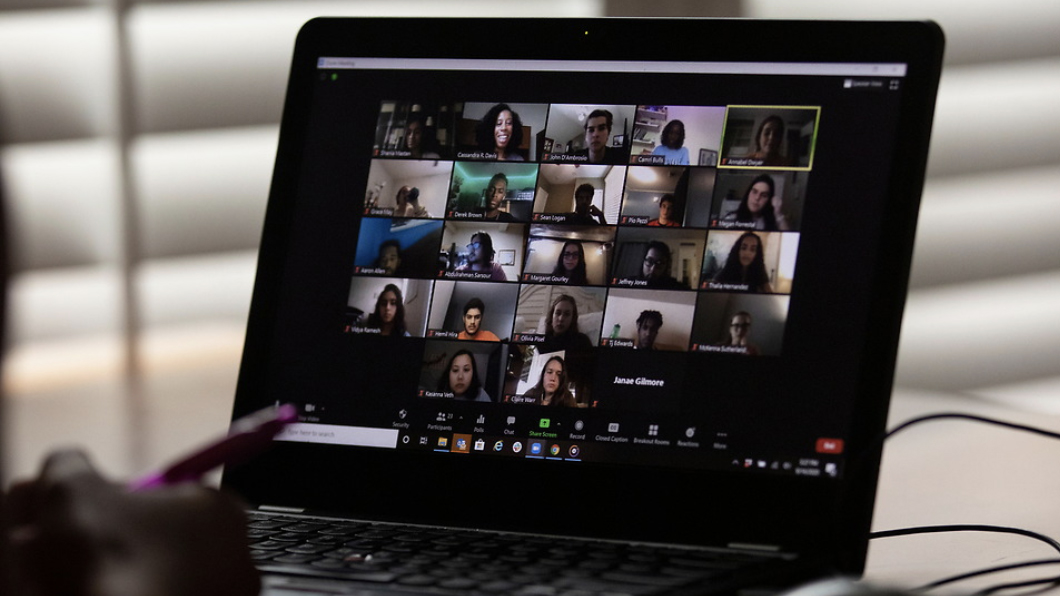Online Higher Education
Project Background
Online offerings at traditional brick-and-mortar universities have become common, though there are some questions if online courses can adequately substitute for an in-person college experience. We explore changes in undergraduate online course enrollment at a large, public 4-year system and the impacts of online courses on student outcomes. Online enrollment in courses nearly doubled from 2012 to 2019 when almost 40 percent took at least one class online. The project is intended to understand how this shift in enrollment is associated with key outcomes of concern like increased degree completion.
Female students and older students were especially likely to take online classes. Using an instrumental variables approach, we find that GPAs are higher in the terms when students take at least one class online. However, we do not find evidence that online course taking results in increased degree completion. While online course offerings offer students flexibility, those who take online courses may need additional advising for online learning to translate into higher rates of graduation.
Aims/Goals
The goals of this project are primarily to document the landscape of online course enrollment in undergraduate courses across the UNC System. Having documented who enrolls in online courses, we are aim to understand the impact of online course taking on student outcomes – most importantly degree completion. We are also interested in understanding the degree to which Covid has shifted online course taking and whether these shifts are transient or represent a new normal.
Potential Outcomes/Impact
Previous research on the effectiveness of online courses has taken place with individual courses or in community colleges. This project is the first to look at the effects of online courses across a large public university system and over a nearly 10-year period. Findings from this project have implications for policy and practice as institutions of higher education, academic advisors, and faculty who teach courses online continue to navigate a new era in postsecondary education where students have come to expect high-quality online options.
The demand of online courses is high, and it is clear that online courses are here to stay. We find that students who take online courses at higher rates are the types of students who likely face more challenges to completing college due to the need for employment or other barriers students may face. Our findings suggest that students are actually more likely to do better overall in terms when they take at least one of their classes online. This finding suggests that online classes allow students to reoptimize their efforts across all of their courses during the term, resulting in better grades. However, higher grades do not necessarily translate into increased degree completion, suggesting that faculty may need more support in how to target instruction to the online environment. Further, students who take more classes online may need more touchpoints with academic advisors or faculty members to ensure that they are engaged and getting what they need to be successful.
People
- Lauren Sartain (Principal Investigator)
- Lisa Barrow (Chicago Federal Reserve Bank)
- Wesley Morris
Publications
The Expanding Landscape of Online Education: Who Engages and How They Fare [PDF]
